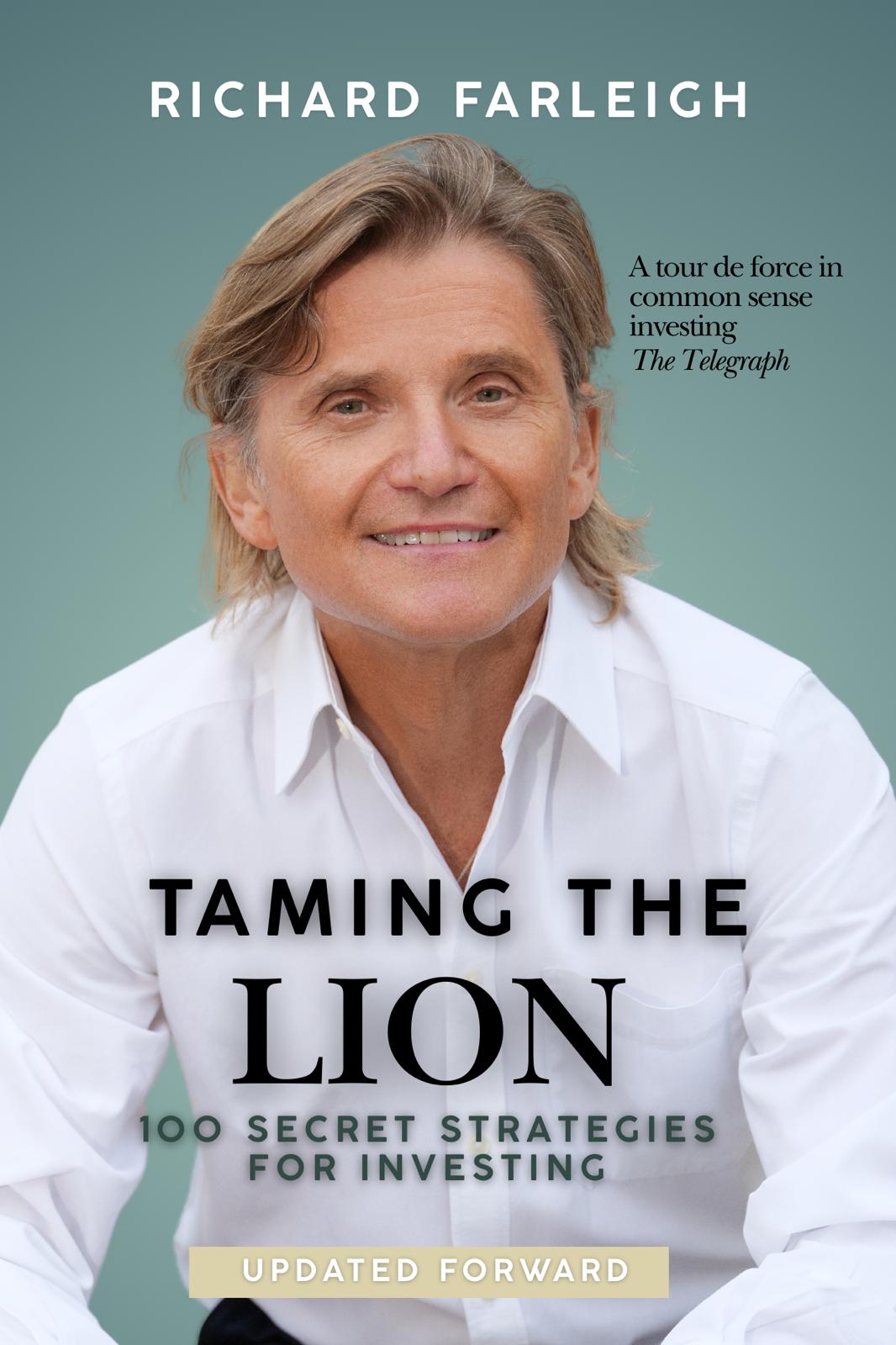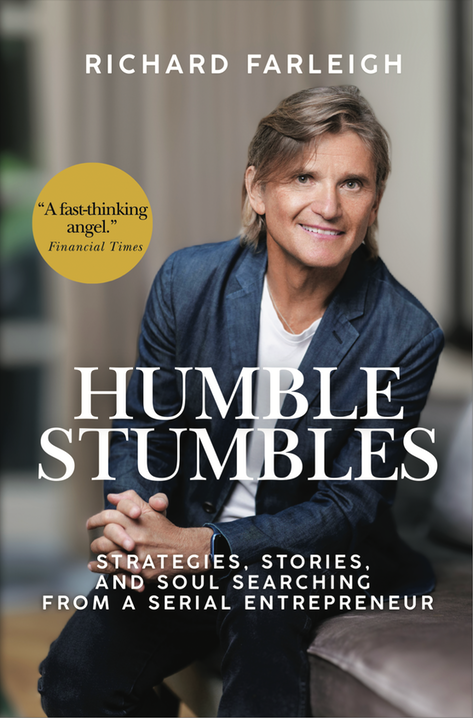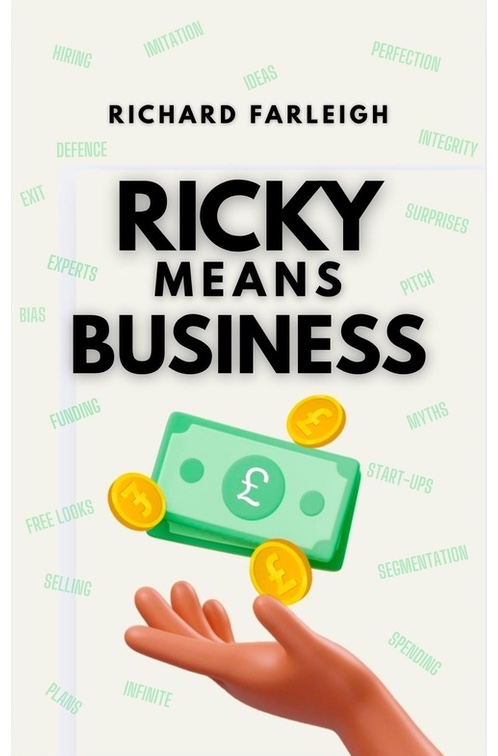
Taming The Lion
Originally published in 2005, Taming the Lion by Richard Farleigh quickly garnered praise for its timeless insights and practical approach to investing. This edition retains the original text and includes a new foreword, where Farleigh reflects on global shifts over the past two decades and explores emerging trends.
In this acclaimed book, Farleigh shares the proven techniques he developed during his financial career, including running successful trading desks and creating a repeatable methodology based on observation and reasoning. His approach covers the basics—only chasing genuine opportunities, managing risks, and handling losses—alongside more radical market insights. Some of his beliefs challenge conventional wisdom:
• Markets often under-react, providing unique opportunities.
• Big, obvious ideas frequently offer significant potential.
• Investing with a consensus view can be safer than expected.
• Strategic timing is essential—knowing when to enter and exit matters.
• Price trends are well-known but often underutilized.
• Charting trends may be no better than astrology.
• Investment and trading are becoming more similar.
Farleigh's clear methodology, supported by relatable anecdotes and organized into 100 strategies, has been invaluable for both novice and seasoned investors looking to improve their performance.
Note: Book available for pre order only. Delivery not guaranteed before Christmas
Press Reviews
"Richard Farleigh's much acclaimed book, Taming The Lion, includes 100 secret strategies for investing based on his experiences as a very successful investor. I found it a fascinating, thought-provoking book useful for every level of investor."
Kevin Goldstein-Jackson, Financial Times columnist
"Many investors have made fortunes but none has explained more clearly or elegantly than Richard Farleigh how they did it. A tour de force of common sense investing."
Tom Stevenson, Daily Telegraph columnist
"If you want to get underneath the mindset of one of the most successful and prolific private equity investors in high technology start-ups, then you don't have to ponder any more. Richard Farleigh's long-awaited book, Taming the Lion, reveals the underlying principles that have guided his investment strategies."
theChili.com
"Few of the three or four dozen 'How to Succeed in Investment' books which arrive on my desk every year get more than five minutes attention. But one that did was Taming The Lion by Richard Farleigh, who despite retiring from running a "powerful and secretive hedge fund" to Monaco at the age of 34, does not pass himself off as an investment genius. His book describes 100 investing rules, embracing every kind of investing situation from trading currencies (including "Don't day-trade anything") to investing in start-ups (an extremely thoughtful chapter). And it should equip you to avoid sapphires and anything else you know nothing about."
Alistair Blair, Investors Chronicle
"Taming the Lion, joins One Up on Wall Street, Adventure Capitalist and The Zurich Axioms as one of a handful of works of blinding originality permanently resident on my investing bookshelf. Trusting management is one strategy, there are 99 more in the book, but the fundamental lesson Mr Farleigh teaches, like those other great investors who spilled the beans, is that to speculate successfully we must understand why markets move."
Richard Beddard, Interactive Investor
More Books By Richard

Humble Stumbles
Richard Farleigh, familiar from Dragons’ Den, has an extraordinary story. Born into poverty and raised in the care system, he was once labelled “backward.” Yet he defied the odds, earning a university scholarship and rapidly rising in finance—managing trading desks before “retiring” at 34 to help launch over 120 startups. Along the way, he competed in two chess Olympiads, explored card counting, served as a university chancellor, was awarded a PhD, and authored the investment book Taming the Lion.
In Humble Stumbles, Farleigh shares life lessons, business strategies, and real-world insights with his trademark wit. Join him on an unforgettable journey through the highs, lows, and key learnings that have shaped his remarkable path.

Ricky Means Business
Ricky, a teenager, starts a business. It’s bound to be easy. But it’s not. Ricky makes mistakes, faces challenges, and struggles with tight finances, slow sales, and unexpected setbacks. With plenty of help along the way, Ricky learns valuable lessons and techniques—but will they be enough to make the business succeed? This is a real-world fast paced, inspiring story - told by Richard Farleigh, a seasoned entrepreneur from Dragons’ Den, who has encountered similar challenges across more than 120 businesses!